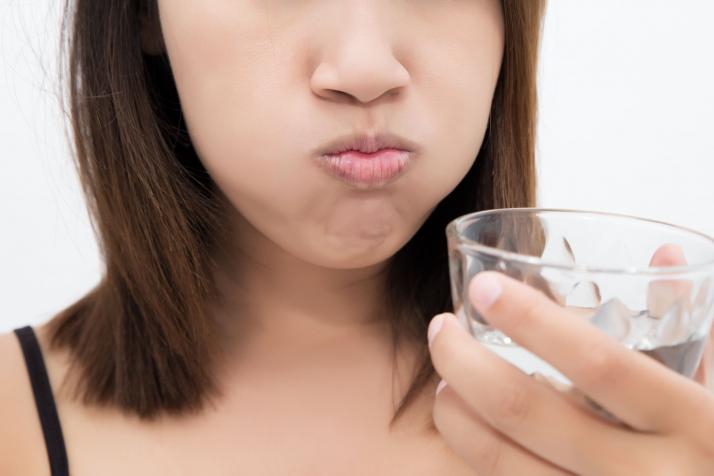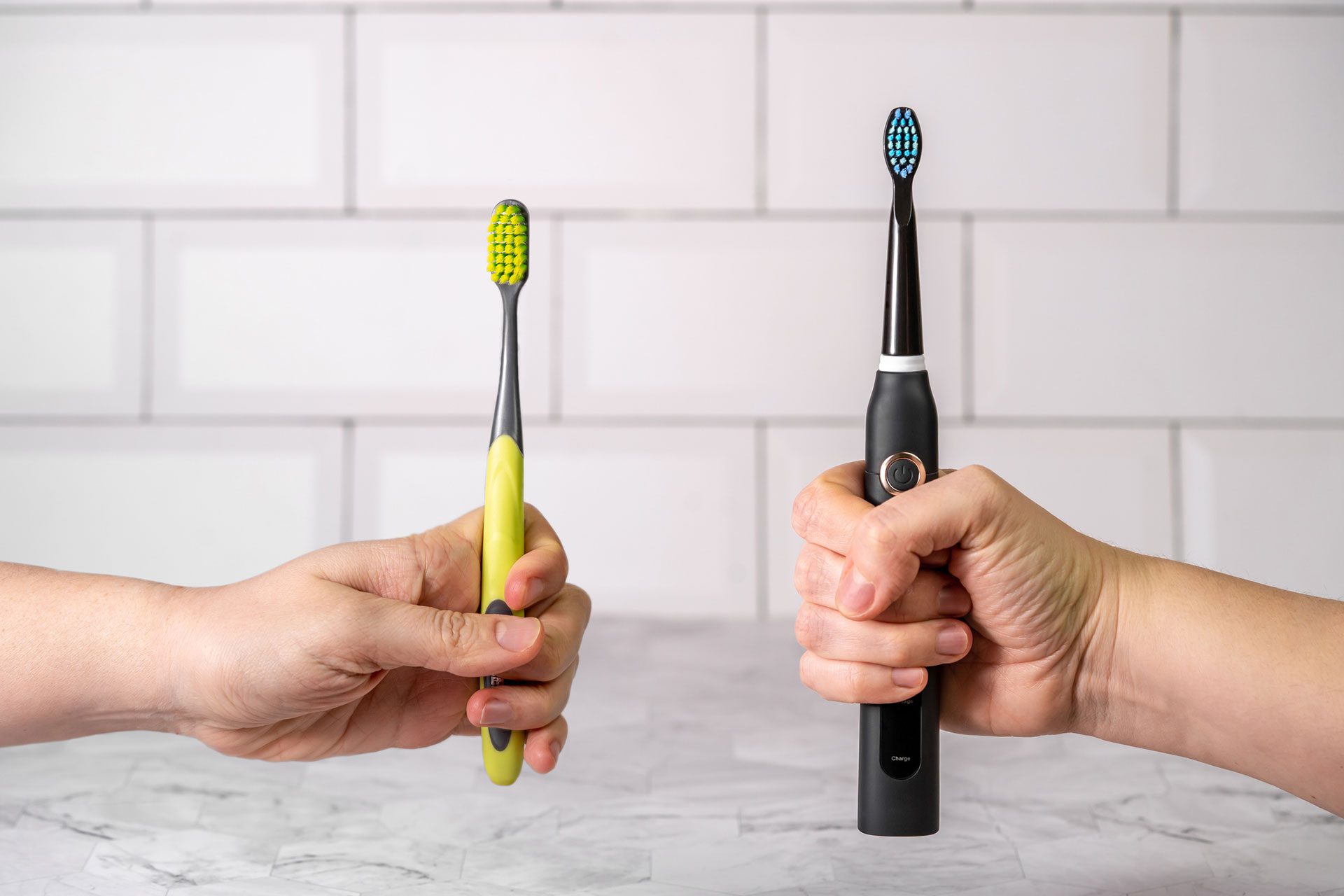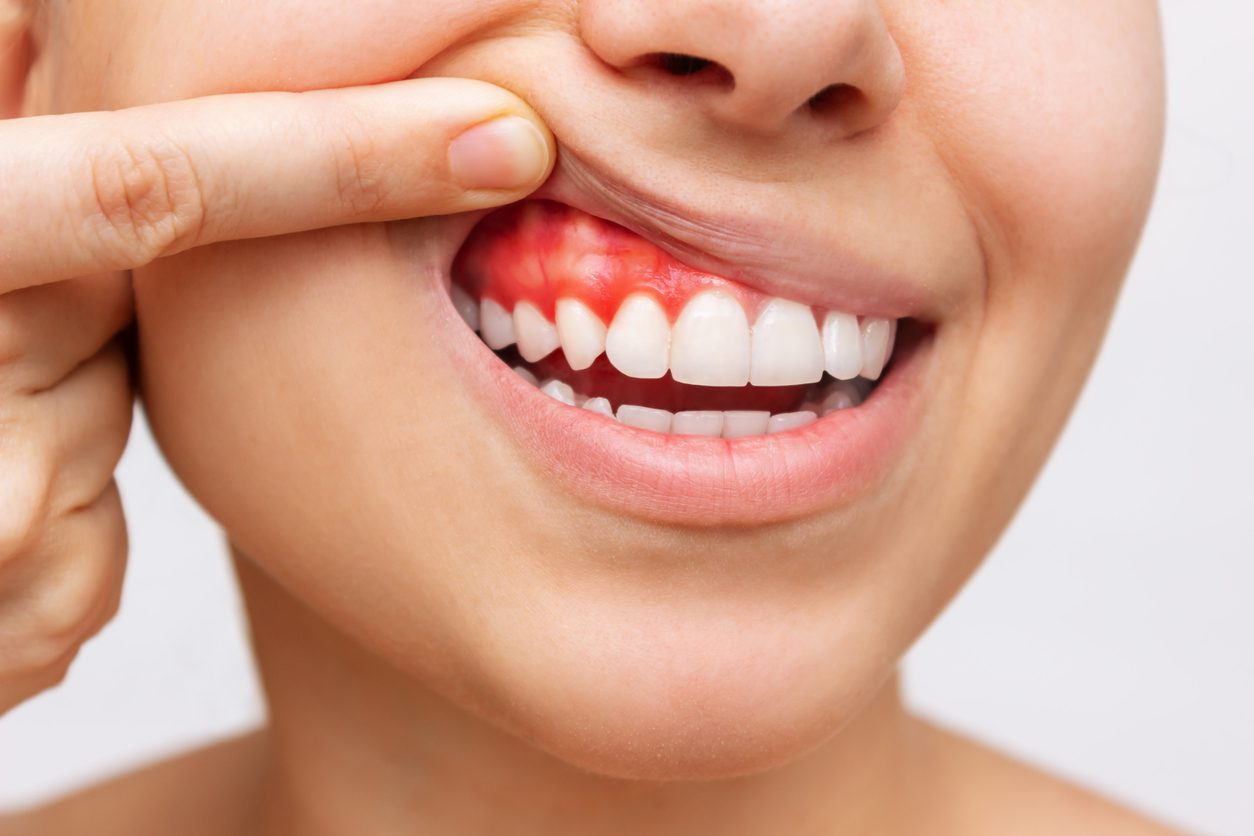What is oil pulling?
So, what exactly is the method for oil pulling? Think of it as a mouthwash rinse, but with oil. The practise involves placing a tablespoon of oil in your mouth—Coconut oil is a popular choice, due to its highly absorbable properties and agreeable taste, but any plant-based oil will do the trick—and swishing it around for 15-20 minutes. Yes, you read that correctly! Oil pulling takes up to 20 minutes! Because it takes so long, it’s recommended that you be gentle to avoid a sore jaw. The process is meant to remove plaque from around your teeth, dissolving harmful bacteria in the oil. Finally, after spitting out the oil, rinse your mouth with saltwater to break down the unpleasant oily residue left behind. There you have it—a simple, ancient approach for whiter teeth.The benefits of oil pulling
For something that isn’t a particularly pleasant process, oil pulling is said to offer many attractive benefits, which have persuaded many people to try it for themselves over the years. Advocates of the practice say that it can remove unnecessary bacteria from your mouth, including the common resident and key player of plaque build-up, Streptococcus mutans. Studies have shown that oil pulling with coconut oil for ten minutes every day can significantly reduce the amount of this bacteria in your mouth. Gingivitis, a gum disease as unpleasant as its name suggests, can also be inhibited by oil pulling. Caused by the inflammation of your gums, gingivitis occurs when your immune system attacks the bacteria found in the plaque on your teeth. A small study consisting of boys with plaque-induced Gingivitis found that oil-pulling was nearly as effective as a name-brand mouthwash in helping combat the disease. Finally, oil pulling is said to alleviate bad breath. Probably one of the most compelling reasons to try oil pulling, bad breath is caused by chemicals and gases produced by the bacteria in your mouth. It makes sense that removing the bacteria will lessen your risk of bad breath, and indeed many people are willing to take that chance. Once again, small studies have been conducted to try and prove this theory, many of which yielded positive results when oil pulling with sesame oil.Does oil pulling really work?
While some small studies have been encouraging, the truth is very little scientific evidence supports the belief that oil pulling delivers on these promises, let alone how or why. The Canadian Dental Association, for instance, claims that oil pulling won’t do any harm to an individual, but nor will it provide any benefit. The most likely explanation for any benefit gained from oil pulling is due to the physical act of swishing, which removes particles of bacteria from teeth and gums.Count on the pros for proper dental care
Whether oil pulling helps you or not, you should still rely on leading dentists in Wellington for your overall dental health. Count on Naenae Dental Clinic for your six-month check-ups and cosmetic dentistry needs. Contact us today to learn more!





